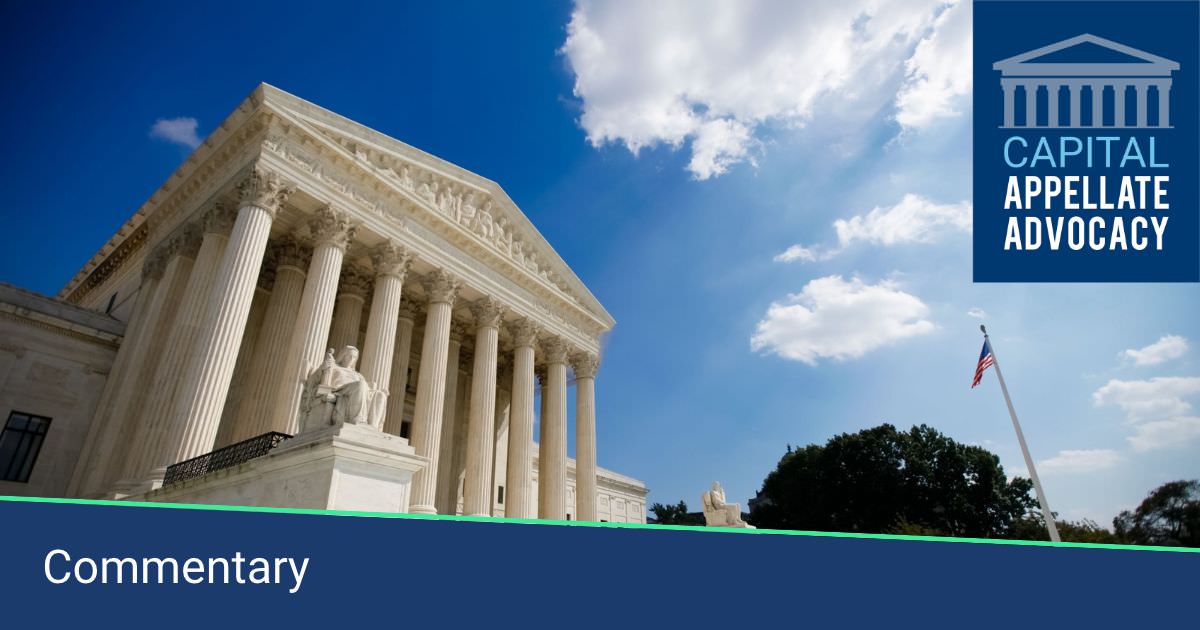After almost a decade of jurisdictional discovery, pretrial motions, and appeals, the U.S. Court of Appeals for the Fourth Circuit has affirmed dismissal of the “Burn Pit” multidistrict personal injury litigation on the ground that it is barred by the political question doctrine. The litigation encompassed 63 separate complaints, including 44 putative nationwide class actions. The suits primarily alleged that toxic smoke from open-air burn pits that KBR, a U.S. Army contractor, constructed and operated on forward operating bases in Iraq and Afghanistan between 2003 and 2010, harmed soldiers and civilians. Based on a voluminous pretrial factual record, the court of appeals concluded in its June 20, 2018 opinion that “[t]he military’s control over KBR was plenary and actual, making KBR’s decisions pertaining to waste management . . . ‘de facto military decisions’ unreviewable by [the] Court” under the political question doctrine. That long-standing doctrine is based on the separation of powers, specifically the Constitution’s assignment of certain powers, such as those relating to the conduct of war, to the political (i.e., elected) branches, namely, the President and Congress.
I discuss the Fourth Circuit’s holding in a Legal Opinion Letter published on July 13, 2018 by the Washington Legal Foundation. The vital federal interests implicated by personal injury suits against combat-zone support contractors are described in an amicus brief that I, along with Lisa Himes of Rogers Joseph O’Donnell, filed in the Fourth Circuit on behalf of two prominent government contractor associations, the Professional Services Council and the National Defense Industrial Association.
The litigation is In re KBR, Inc., Burn Pit Litigation, No. 17-1960, pet. for reh’g filed July 3, 2018.

